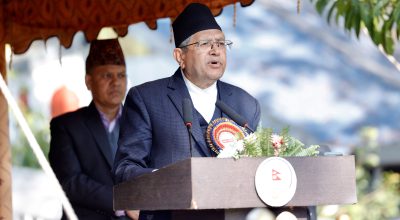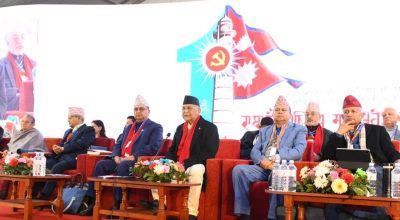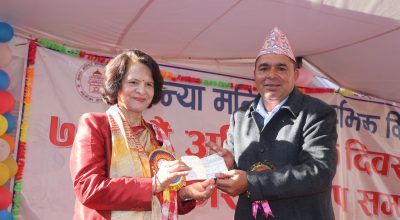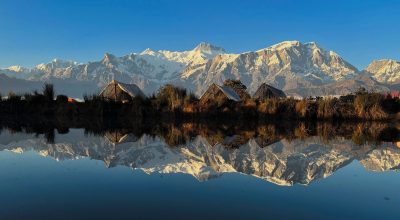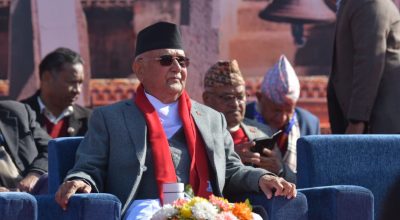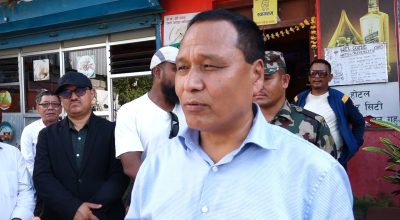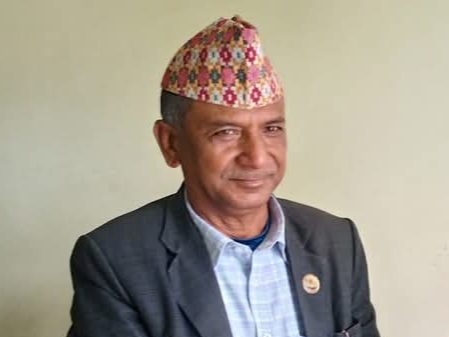
Kathmandu, Feb 21: Bhuwan Bahadur Sunar has been a member in the National Assembly (NA) since three years, marking his first experience as a lawmaker. Dedicated to amplifying the voices of Dalits within the National Assembly, Sunar has consistently advocated for their rights.
In an interview with National News Agency (RSS), Sunar reflected on his 50-year journey in Nepali politics. Representing the Dalit community himself, he shared various personal experiences of caste-based discrimination he endured in his life.
One notable incident dating back to his school years, in 2034 BS, when he fetched water for a picnic, his teachers instructed him to throw away the water he brought, claiming it “it had been untouchable for them because it was brought by him.”
Sunar resisted their order and the incident further fueled his determination to fight against caste-based discrimination. Despite becoming a teacher later in life, he continued to face the harsh realities of caste-based prejudices.
He believes that despite significant political changes in the country, leaders still demonstrate traditional attitudes. “Only the system has changed, but in essence, nothing significant has changed. The status of citizens has not improved substantially,” he said. He further clarified that this does not mean the system should be reversed, but rather that it is warranted to strengthen the federal democratic republic.
According to the lawmaker, the Nepali politics is still awaiting an “ideal leader” and that the entry of new generations into political leadership is necessary. He also stressed that political commitments made by leaders should be reflected in their actions. He went on to say that the urgent need in Nepal is to eliminate corruption, and there must be greater accountability of leaders to the citizens.
Representing the CPN (Maoist Centre) in the NA under the Dalit quota, Sunar expressed a desire for an inclusive cabinet that includes Dalits, meeting the spirit of the Constitution. He stressed that the laws to implement the rights of Dalits, as guaranteed by Articles 24 and 40 of the Constitution, are still awaited and that he has been taking initiatives to move forward in that regard.
According to Sunar, the Dalit population in the country is around 13 percent, but their representation in the Council of Ministers remains minimal. He expressed concern over the diminishing ‘political culture’ in the country and young people leaving countries for abroad opportunities. Though Dalits are active in politics, they continue to be marginalized from the State mainstream including economic, social, and political spheres.
He firmly stated that any regression regarding the rights of women, indigenous communities, Madhesis, Dalits, and other marginalized communities while amending the Constitution is unacceptable. He called for marginalized communities to unite against any potential risks to their rights.
Born 70 years ago in Palungtar, Gorkha, Sunar was first elected to the National Assembly in 2078 BS from Gandaki Province. He had also joined the armed struggle led by the then CPN (Maoist).
(The edited version of Sunar’s interview with RSS correspondents Pragati Dhakal and Sushil Darnal).







